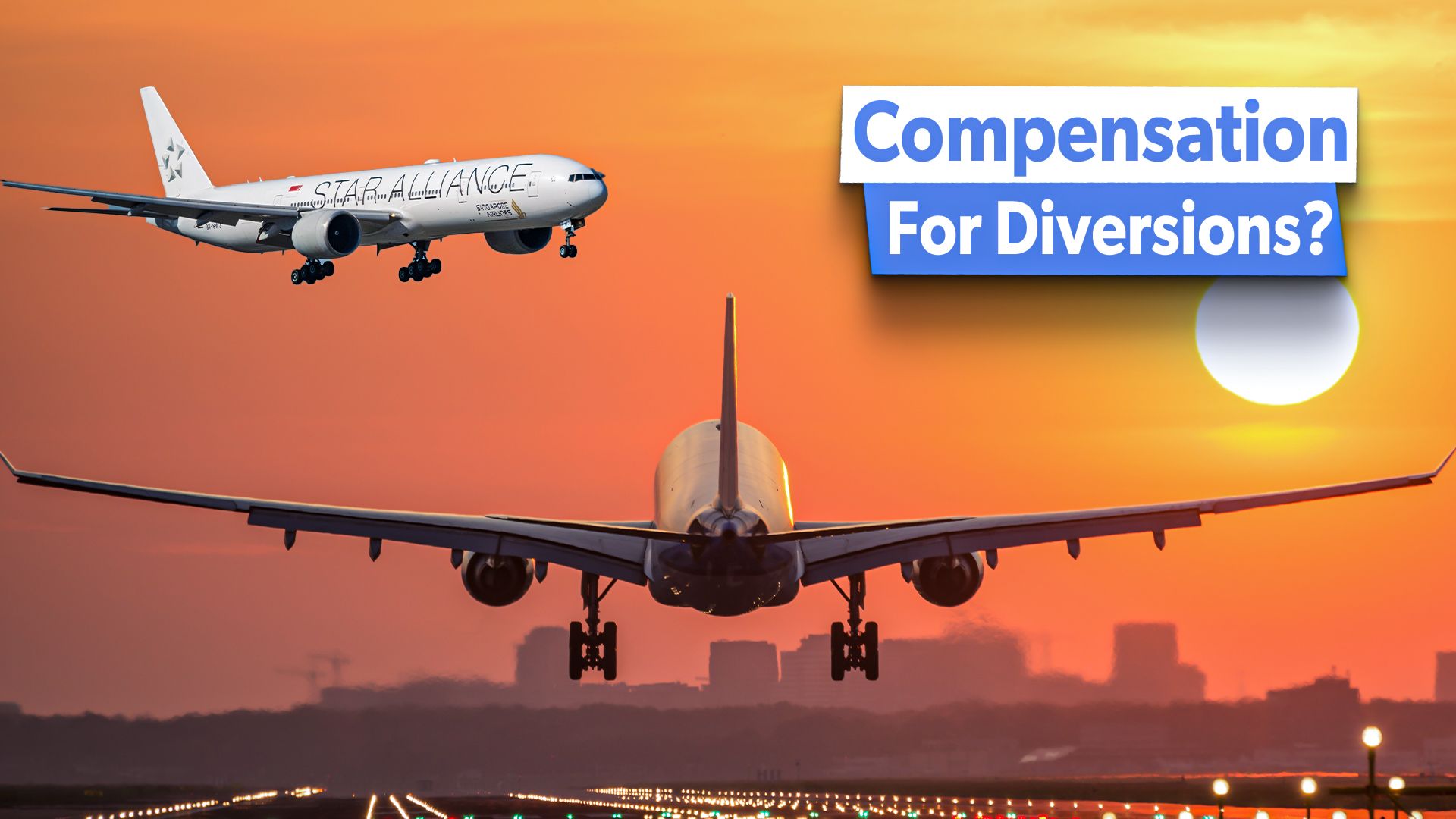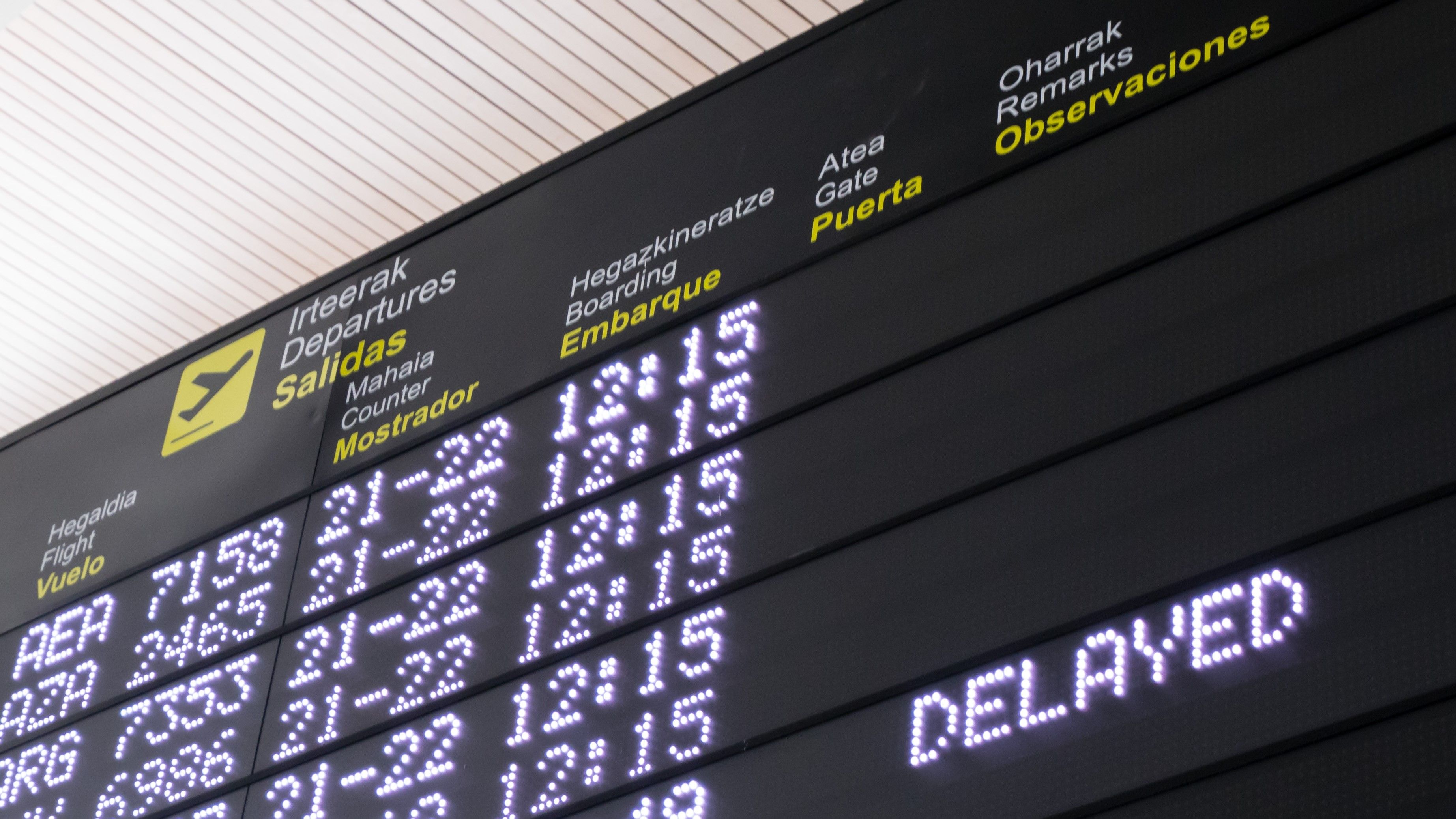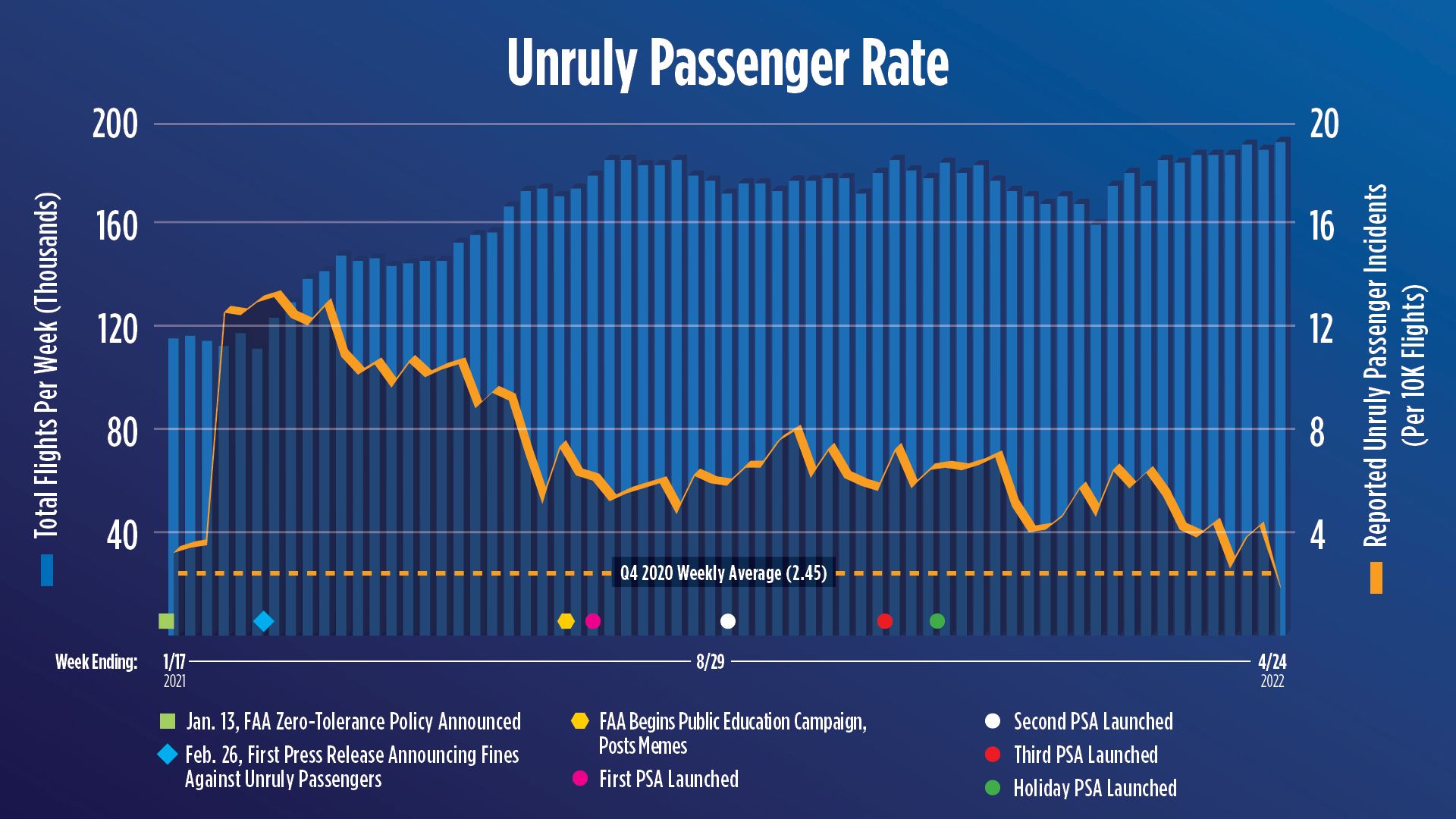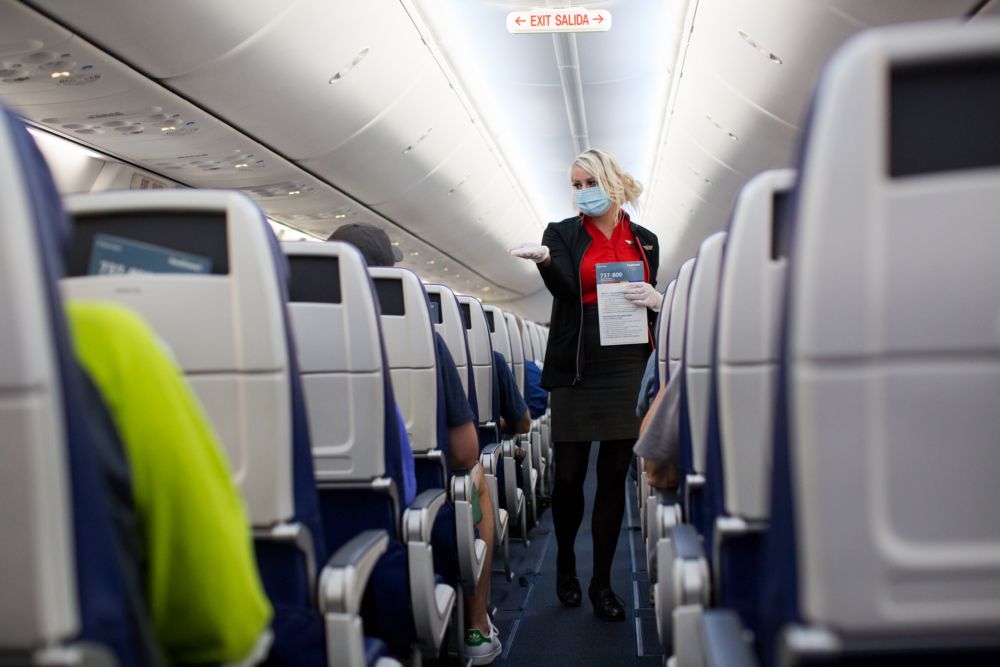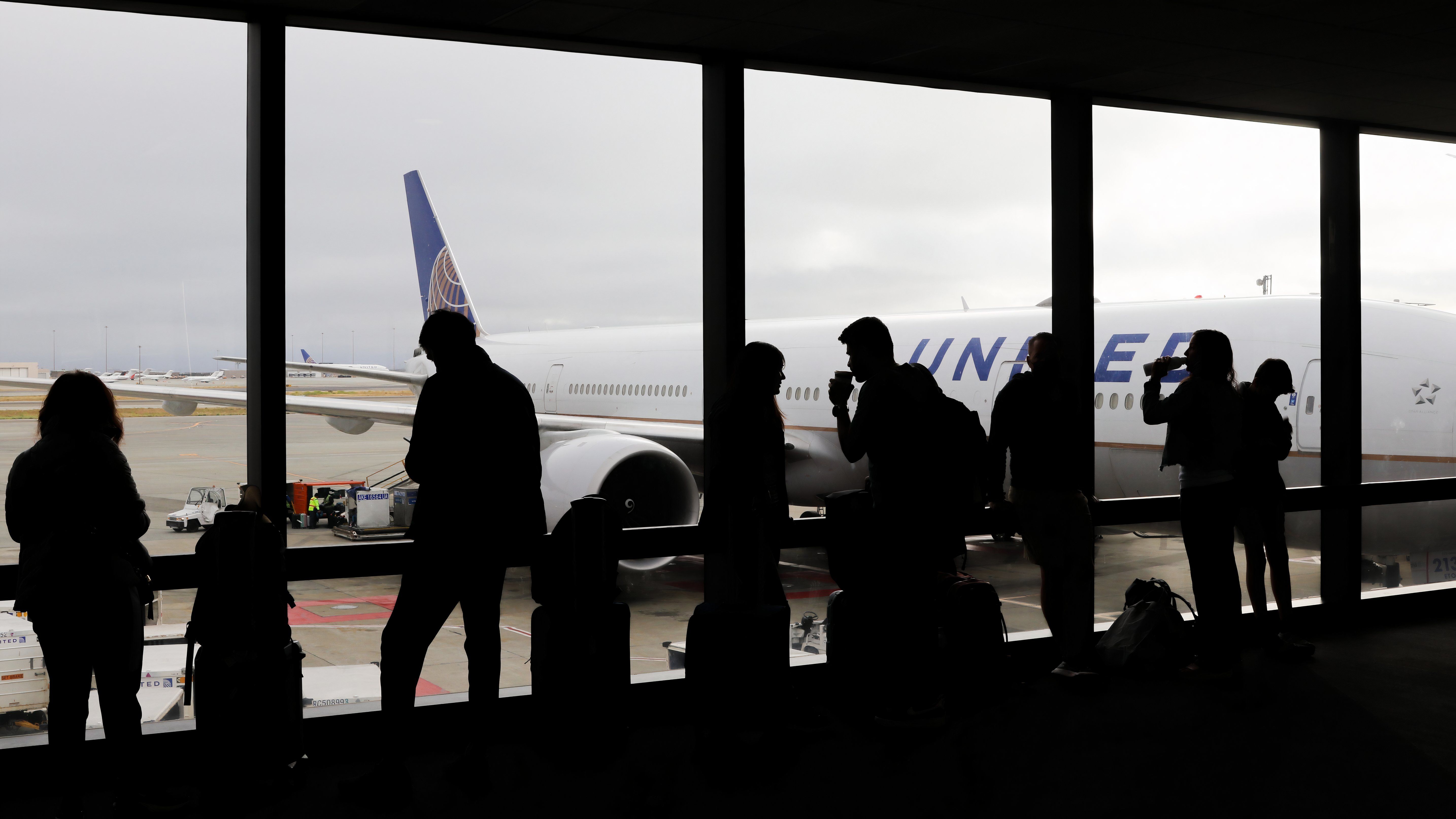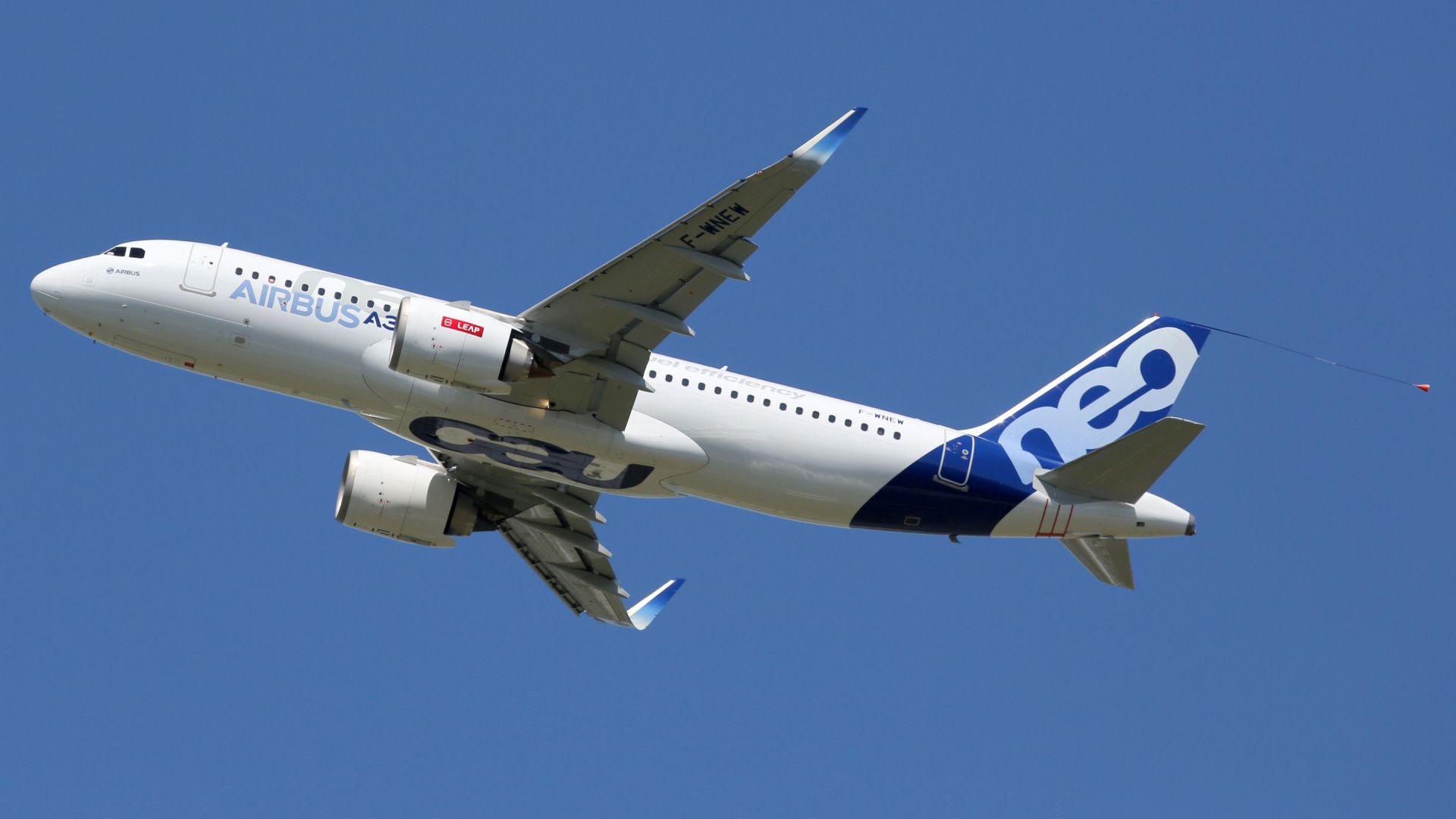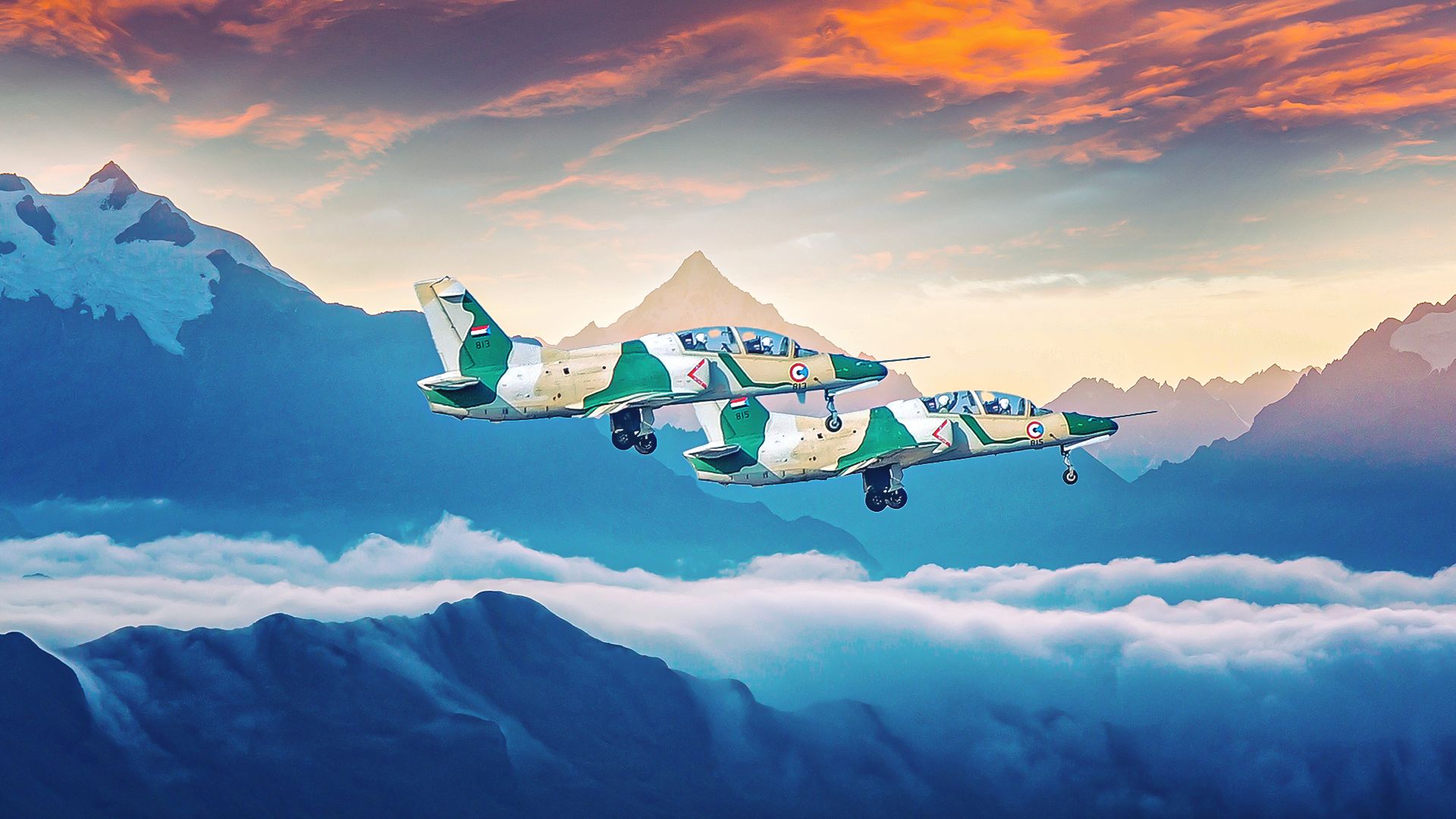Quick Links
A week or so ago, an American Airlines flight was
diverted as a passenger was found vaping
. Vaping and smoking on flights violate US federal law and multiple flight safety statutes.
A month ago, a report showed that the Federal Aviation Administration
(FAA) had
passed over 43 cases involving unruly passengers to the FBI
. These cases involved instances ranging from breaching the cockpit to assaults.
Although the number of unruly passengers has decreased over the years, one still has to wonder who bears the costs of diversions that occur because of such passengers. And another question follows: Are passengers entitled to compensation?
The costs of flight diversion
According to the Bureau of Transportation and Statistics, only 0.32% of flights in the US were diverted in June 2024.
Inclement weather conditions (for flying) are the biggest reasons why flights are diverted. A series of turbulence experienced by various airlines in recent times are examples that demonstrate how clear air turbulence is on the rise. There has been a 55% rise in annual duration of severe turbulence over the last two decades, reported aviospace.org.
Photo: Basotxerri | Shutterstock
In light of these numbers, the instances of diversion due to unruly behavior might be small.
Nonetheless, flight diversion comes at a cost. ThePointsGuy reported an instance of a Hawaiian Airlines flight that had to divert due to a drunk passenger. The incident involving an Airbus A330 operated by Hawaiian cost the airline about $150,000. This cost included:
- Fuel cost
- Re-accommodating passengers on other flights
- Almost $47,000 in meal vouchers
- Aircraft maintenance
- Ground crew and a new flight crew
In case a diversion has to be made due to a medical emergency, the costs are borne by the airline. The case of an unruly passenger is different. ThePointsGuy reported that in the case of Hawaiian Airlines Airbus A330 case above, the carrier went to court, and the passenger had to pay $98,000 as compensation.
What the flight diversion compensation rules are like in different parts of the world
In the United Kingdom
The Civil Aviation Authority
(CAA) of the UK has tried to minimize cases of disruptions due to unruly passengers. CAA also notes that the following acts by a passenger can be deemed to be unruly behavior and lead to a flight diversion:
- Alcohol/ drug/intoxication
- Disobeying safety or security instructions
- Disruptive behavior
- Refusal to allow security checks
- Abusive, insulting, or threatening words
- Acts that compromise the safety of aircraft or other passengers
Photo: Federal Aviation Administration (FAA)
The governing body has tried to deter people from such behavior by introducing fines and compensations:
” Acts of drunkenness on an aircraft face a maximum fine of £5,000 and two years in prison. The prison sentence for endangering the safety of an aircraft is up to five years. Disruptive passengers may also be asked to reimburse the airline with the cost of the diversion. Diversion costs typically range from £10,000 – £80,000 depending on the size of the aircraft and where it diverts to.”
In Southeast Asia
Karan Bhatta, a researcher of space science and an aviation journalist based in Nepal, talked to SImple Flying about an extraordinary case of a helicopter that landed on a football pitch whilst a match was being conducted:
There was an incident involving three passengers on a chartered chopper who forced the pilot to land on a football pitch while a local match was being contested in a district called Syangja, Nepal. The players certainly, and maybe a few fans, wanted to punish the passengers who had chartered the helicopter. After the incident, I talked to the information officers working closely with the aviation authority of the nation about whether there were any laws related to compensation to passengers resulting from flight diversion, but they told me that a law was being drafted.
Photo: Southwest Airlines
In the other nation that neighbors Nepal, i.e., India, the Directorate General of Civil Aviation (DGCA) mandates compensation for passengers whose flights are delayed by more than:
- Three hours for flights with distances that are smaller than 1,500 kilometers
- Four hours for flights with a distance that is 1,500 to 3,500 kilometers long
- Six hours for flights with a distance that is 3,500 to 15,000 kilometers long
- Nine hours for flights with distances longer than 15,000 kilometers
Flightrights.in reported that the amount of compensation received would depend on the length of the delay and the distance. According to the publication, “passengers on a flight that is delayed by 3 hours and is less than 1,500 kilometers long are entitled to compensation of $23 (2,000 Indian Rupees)”.
The Guidelines issued by DGCA are based on one of the strictest passenger rights regulations in the world – European Union’s (EU) Regulation 261/2004.
In Europe
European regulation EC 261 gives passengers a compensation fee of up to €665 ($600) if the flight has been delayed, reports refundor.com. As is the case with the flight compensation laws in India, passengers on flights in the EU are offered compensation for delays of more than three hours.
In order for passengers to get compensation, however, the delay must have stemmed from the airline’s operations. Diversions and delays caused by unruly passengers fall in the category of “extraordinary circumstances”, things that are beyond the control of airlines.
Photo: Milstead Photography | Shutterstock
The rule was put into place after a person had filed a court case against Transportes Aéreos Portugueses (TAP) after the flight had been delayed by almost a day. One of the reasons behind the delay was that a passenger on a flight had bit another passenger. The UK’s rules on compensation for passengers due to diversions remain the same as that of EU’s, reported moneysavingexpert.com.
In the US
Unruly passengers, whose behavior like interfering with flight crew members, can end up paying $250,000 in fines and facing up to 20 years in prison. An unruly passenger on a United Airlines flight in April this year
ended up paying $20,638 after the aircraft had to be diverted
as he threatened to “mess up the plane”.
A common thread?
While airlines around the world ensure that passengers get to their final destinations despite diversions following unruly behavior of passengers, and individuals can be fined for their behavior, there have been no cases of monetary compensation for passengers.

